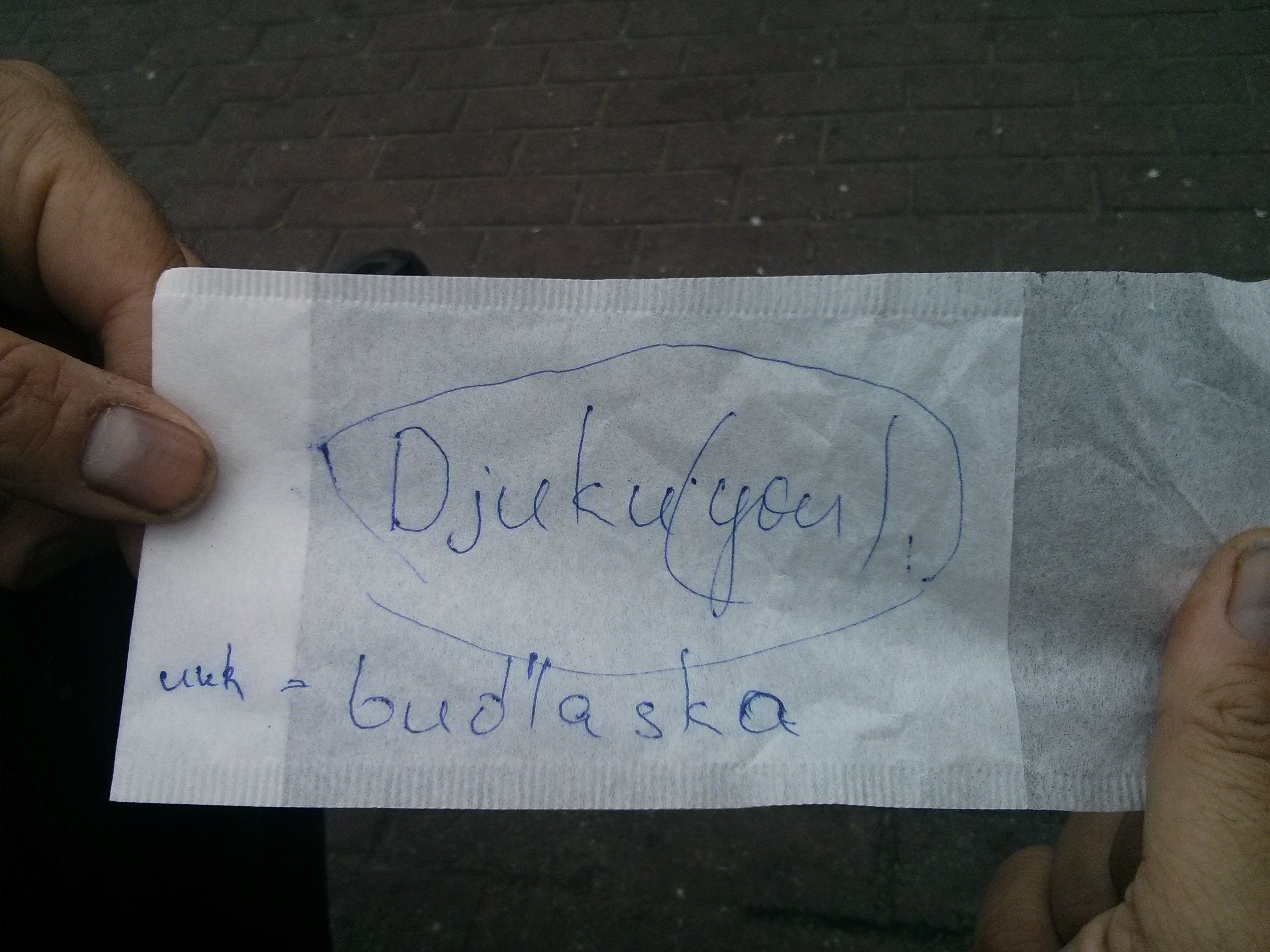Delta-XI in Kyiv 2018… a lot of beginnings
November 17, 2018 by holger, moo
 More than a dozen people gathered for a week in Kyiv, Ukraine
for “Delta-XI”, with more things happening than can be reported…
This post is a try to both give you some picturesque glimpses of the
gathering and also highlight technical developments and results from the
rich discussion and collaboration originating in Kyiv at the end of
October/beginning November 2018. The gathering was intentionally
intertwined with two user-testing sessions which Xenia and
Vadym professionally conducted with select groups of journalists,
trainers and activists early in the gathering week. There were
also many other significant results which we’ll only briefly
report up front here:
More than a dozen people gathered for a week in Kyiv, Ukraine
for “Delta-XI”, with more things happening than can be reported…
This post is a try to both give you some picturesque glimpses of the
gathering and also highlight technical developments and results from the
rich discussion and collaboration originating in Kyiv at the end of
October/beginning November 2018. The gathering was intentionally
intertwined with two user-testing sessions which Xenia and
Vadym professionally conducted with select groups of journalists,
trainers and activists early in the gathering week. There were
also many other significant results which we’ll only briefly
report up front here:
-
after substantial legal research on licenses and several discussions we re-licensed deltachat-core and released 0.24.1 under the Mozilla Public License. The move from GPL to MPL is meant to be more inviting for also commercial collaborators as it is now easier to incorporate DeltaChat’s core chat/contact and IMAP/SMTP/Autocrypt implementations in all kinds of offerings. “Chat over e-mail” is a huge open space with a large diversity of potential players, both non-profit and commercial ones. By using deltachat-core you get a solid standards-based C-library that is successfully used in real-life chat-email apps and is continously refined and maintained. Let’s collaborate :)
-
the single-folder milestone evolved to completion and is available in Android-dev preview releases and soon also desktop preview releases. What remains before this can become the offical F-Droid release is concluding on how we support “shared account” usage which earlier in October caused a big discussion on the mailing list, basically around the question whether to recommend/aim for using DeltaChat on existing or on dedicated standard e-mail accounts.
-
many UI and other improvements to Delta/Desktop which as a result is increasingly able to be used for real. Desktop releases are still labeled preview and there are ongoing struggles to get it to work on macOS and Windows – if you can advise or help with packaging OpenSSL in Electron apps, please visit us on GitHub or on #deltachat IRC on freenode.
The morning coffee and other surroundings
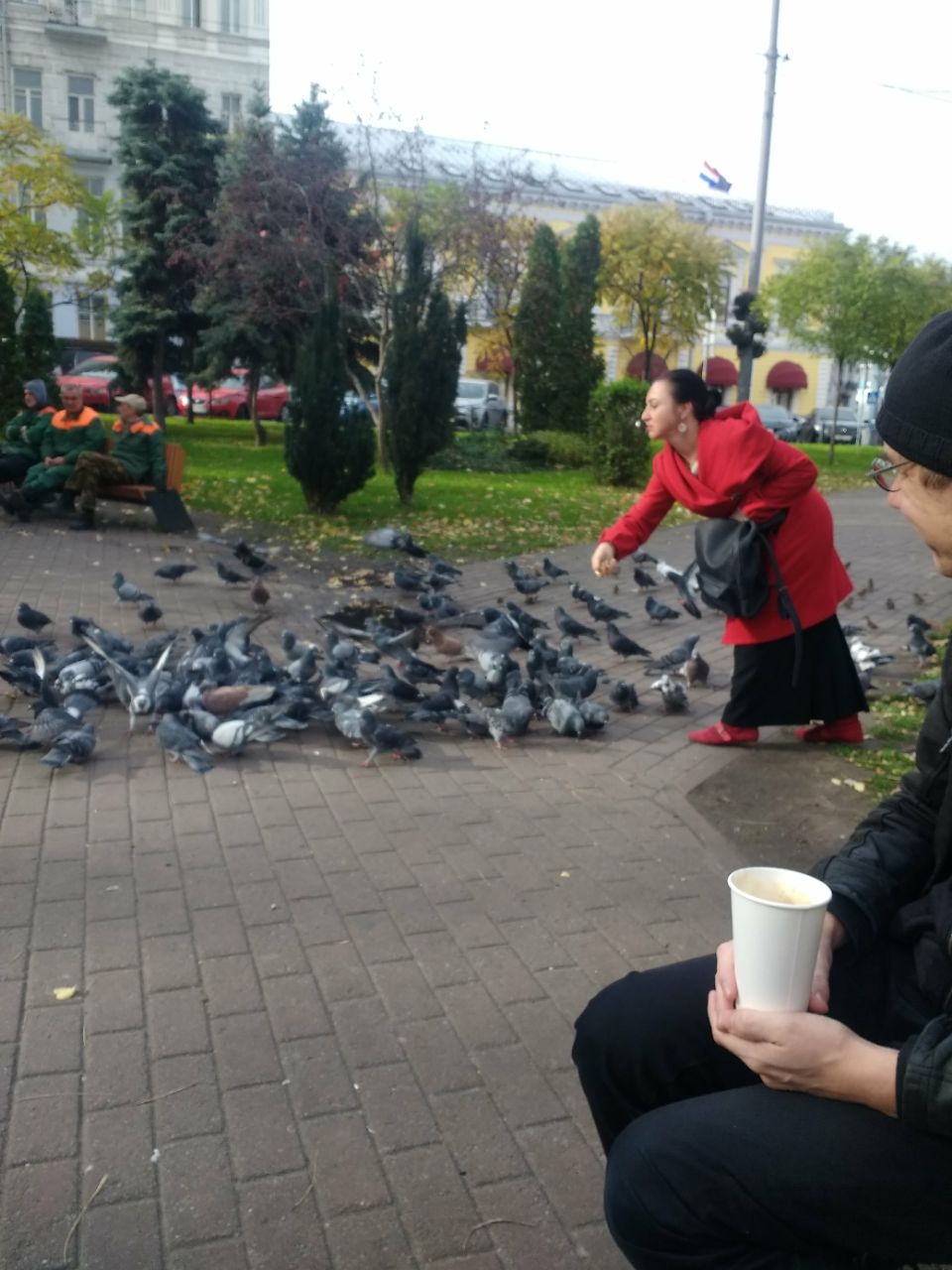
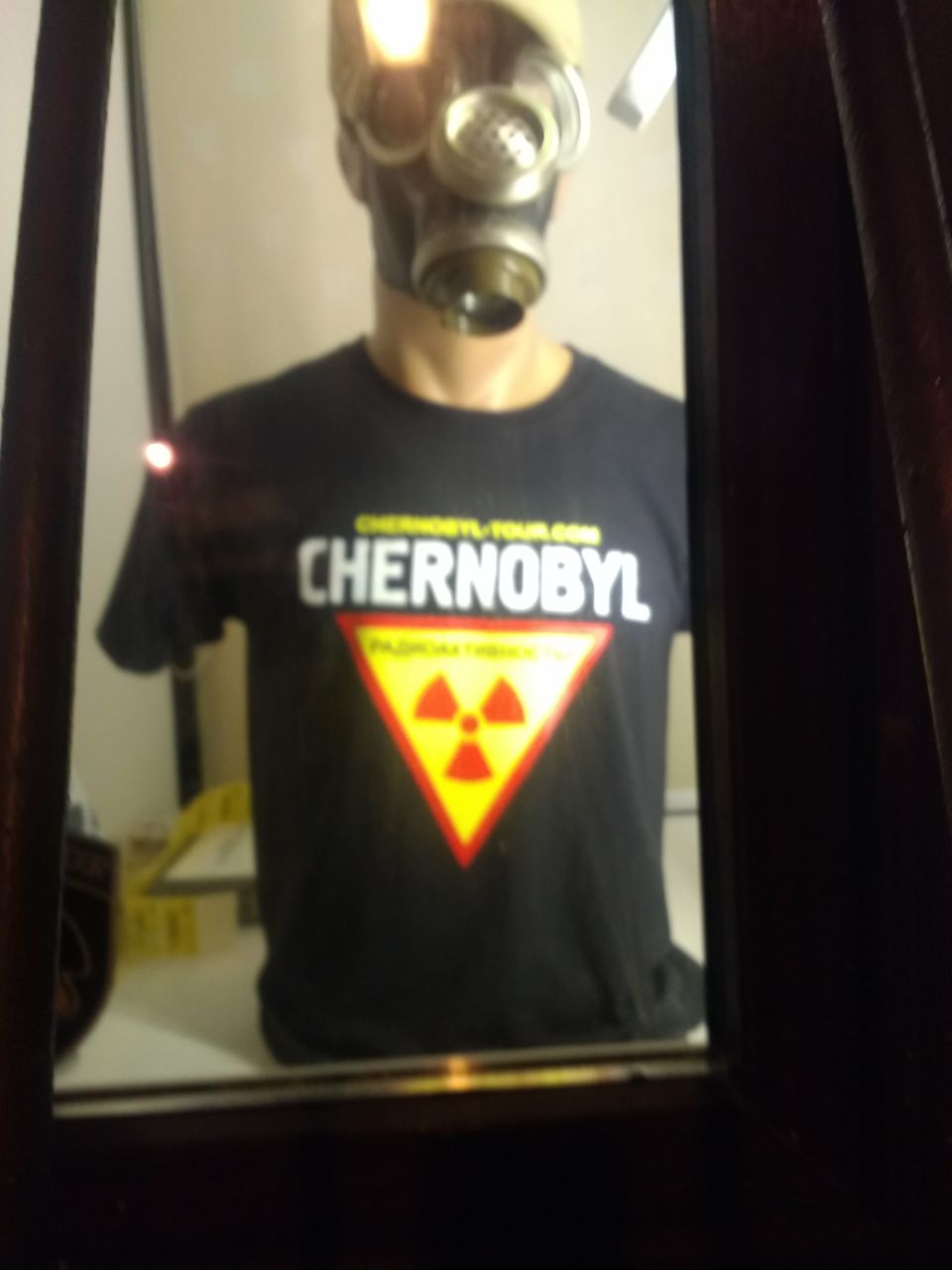
Mornings often started around the “coffee-bus” and adjacent plaza. While many of us had anxiously prepared for atomic winter it turned out we could nicely sit outside most of the time. We caught the last warm days as just a week after we left it started to snow.
In between social and technical discussions at “basecamp” and other places we took time out to walk across parks, hills, abandoned bridges, visit Soviet monuments and appreciate the secluded hills and woods serendipitously chanced upon while exploring the cultural and historical offerings of an ex-Soviet capital.
Testing, talking and walking with at-risk users
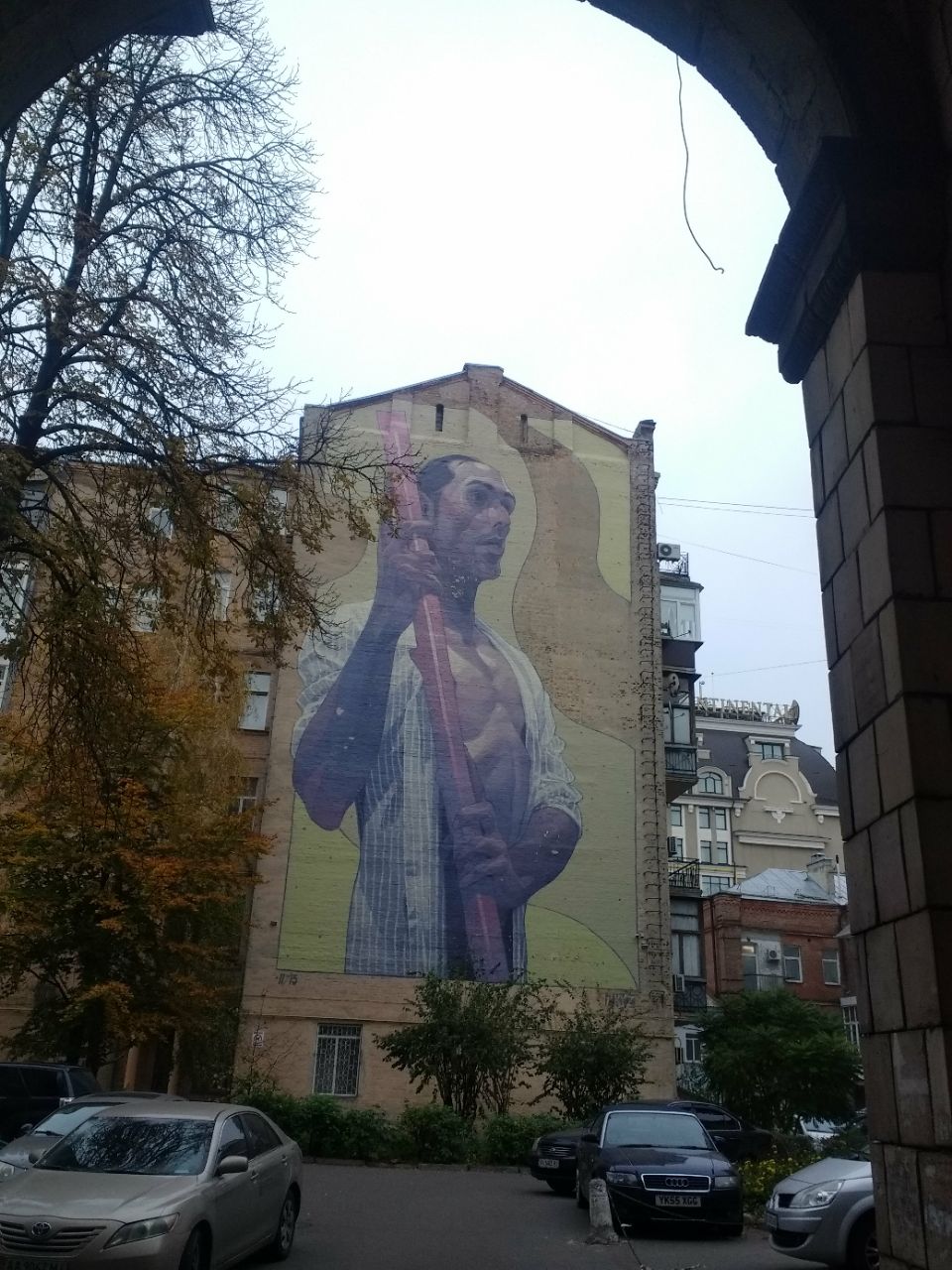 Decentralization is not just a technical idea but also about social
and geographical de-centering. Ukraine is currently going through a
challenging process of political transformation. Four years after the
Revolution, how did people manage to maintain and work with infrastructures?
One of the goals of Delta-XI was to meet with people who really need and will
use our technologies: Local journalists going to war zones in the East of
Ukraine or to the annexed Crimea; activists facing the right-wing
uprising in big cities like Kyiv or Lviv; and human rights defenders
working everyday with war refugees or other at-risk groups.
Decentralization is not just a technical idea but also about social
and geographical de-centering. Ukraine is currently going through a
challenging process of political transformation. Four years after the
Revolution, how did people manage to maintain and work with infrastructures?
One of the goals of Delta-XI was to meet with people who really need and will
use our technologies: Local journalists going to war zones in the East of
Ukraine or to the annexed Crimea; activists facing the right-wing
uprising in big cities like Kyiv or Lviv; and human rights defenders
working everyday with war refugees or other at-risk groups.
The week included two dedicated evenings of user-testing of the Delta.Chat Android app. Real world users from diverse projects and groups in Ukraine joined us at a local cultural centre to test installation, navigation and usage of the app, under observation by digital security trainers and researchers. Strictly no interruptions, guidance or even hinting allowed from developers whilst they did it!
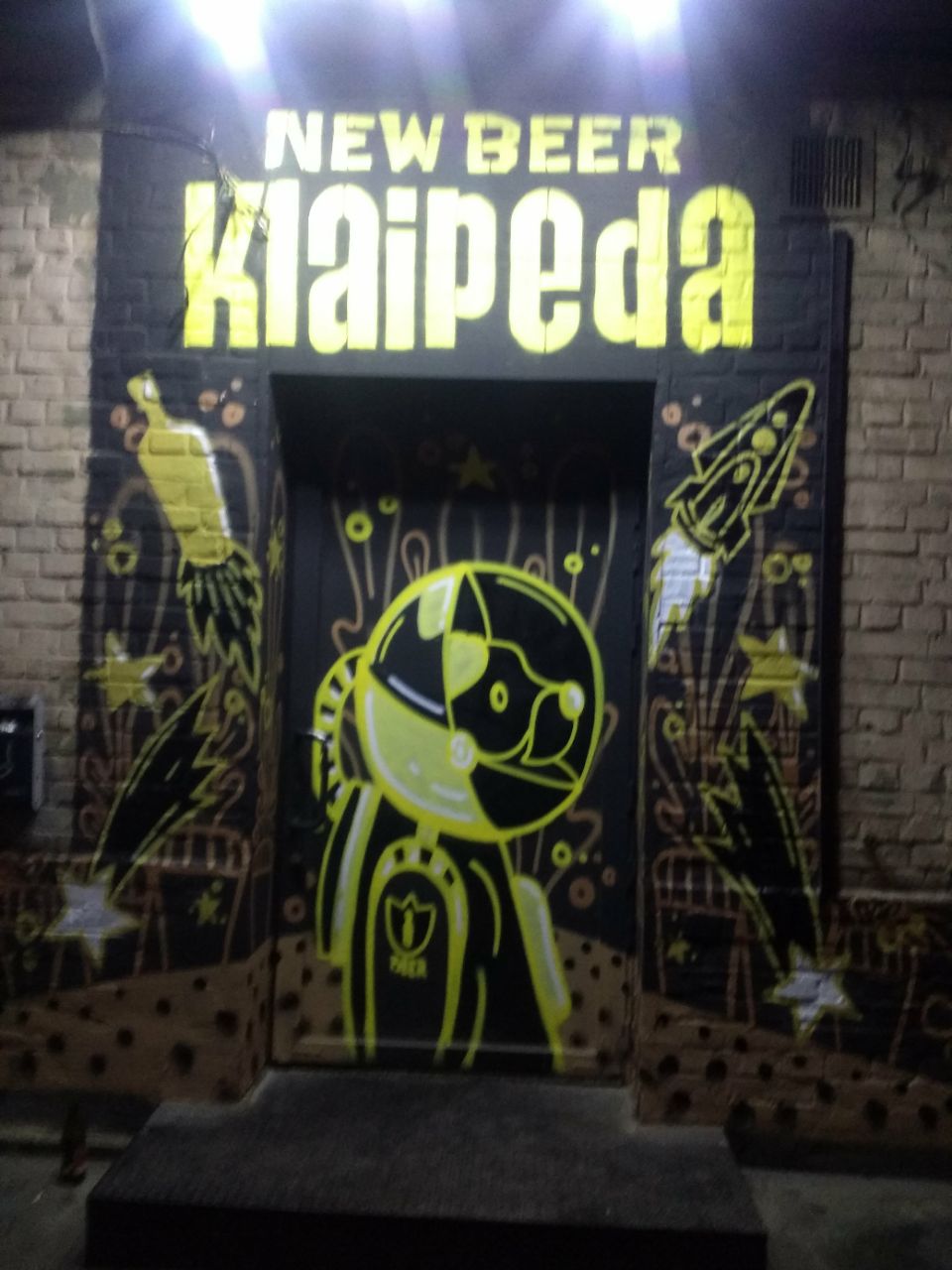 After the sessions, testers and developers met up in local bars to
chat further and share insights about useful and desirable features,
user-experience updates and context-specific use-cases. It was both fun
and insightful to hang out with participants some of which afterwards
repeatedly joined us at our basecamp flat or in going around Kyiv. At
the end of the week these repeated meetups culminated in better shared
understanding and in new directions that DeltaChat is aiming for in the
next couple of months, see also below.
After the sessions, testers and developers met up in local bars to
chat further and share insights about useful and desirable features,
user-experience updates and context-specific use-cases. It was both fun
and insightful to hang out with participants some of which afterwards
repeatedly joined us at our basecamp flat or in going around Kyiv. At
the end of the week these repeated meetups culminated in better shared
understanding and in new directions that DeltaChat is aiming for in the
next couple of months, see also below.
new planned features for at-risk and other users
 The user-testing coordination crew combined the outcomes of the
user-testing and needfinding interviews and gave an in-depth
presentation to the dev team and contributors on the results. Both
needfinding and user-testing results will also be made publicly
available in written form. From subsequent discussions, also involving
journalists and human right activists, DeltaChat has some new directions
and features planned that are missing from most if not all other Chat
messengers today:
The user-testing coordination crew combined the outcomes of the
user-testing and needfinding interviews and gave an in-depth
presentation to the dev team and contributors on the results. Both
needfinding and user-testing results will also be made publicly
available in written form. From subsequent discussions, also involving
journalists and human right activists, DeltaChat has some new directions
and features planned that are missing from most if not all other Chat
messengers today:
-
One-side emphemeral channels which one can set as a new channel mode. As soon as a video/audio/message has reached the SMTP-server, it is deleted on the device. The activists asked for this as they have an asymetric situation: 1-2 persons in a relatively safe space, often abroad, and several people on the ground under recurring threats of device seizure and police detention. Some steps supporting this feature were already taken following Kyiv, after a good suggestion from Justus (who attended together with Neal from the Seqouia Rust/PGP project), namely that deltachat-core will immediately encrypt all sent messages to recipients – in one-side ephemeral mode we simply don’t encrypt to ourselves. Even if the device is seized before the SMTP-queue is cleared, the messages can not be decrypted. But “encrypt-immediately” also speeds up message transit and works better with flaky networks, because as of right now, the actual e-mail message is re-constructed and re-encrypted each time network becomes available.
-
GPS-position streaming is another facility that we’d like to introduce. With this, one reports GPS position changes regularly to a contact or a group. This helps with finding the last positions of people after they have been detained. But it can also be useful for friends who are moving together in a city and want to offer their locations. Note that with DeltaChat there are never any servers or “clouds” involved: You report GPS positions end-to-end encrypted to contacts of your choice.
-
Automated burner account creation to make it easy for a group to setup temporary e-mail accounts and chat groups for a particular action eg reporting on a demonstration or investigating the whereabouts of missed persons. Idea is that one “inviter” deltachat device will receive a token from the email provider - other deltachat devices scan the token, get random accounts that are deleted after one week and can choose their display name only. “Joiners” also land in a verified group meant to be safe from active network/provider attacks. Note that if somebody uses e.g. Delta Chat via Gmail (lots of Gmail usage in Ukraine) messages are e2e-encrypted against the burner accounts - the temporary e-mail addresses can be used with any other e-mail address of lawyers, radio networks etc.
None of these features are fully fleshed out yet. While we have very concrete at-risk people in Kyiv in mind while going for these features we aim for the development around them to improve DeltaChat’s general architecture. Once proving usable in preview releases, we will consult and user-test again with people in Kyiv…
Saturday unconference and the party …
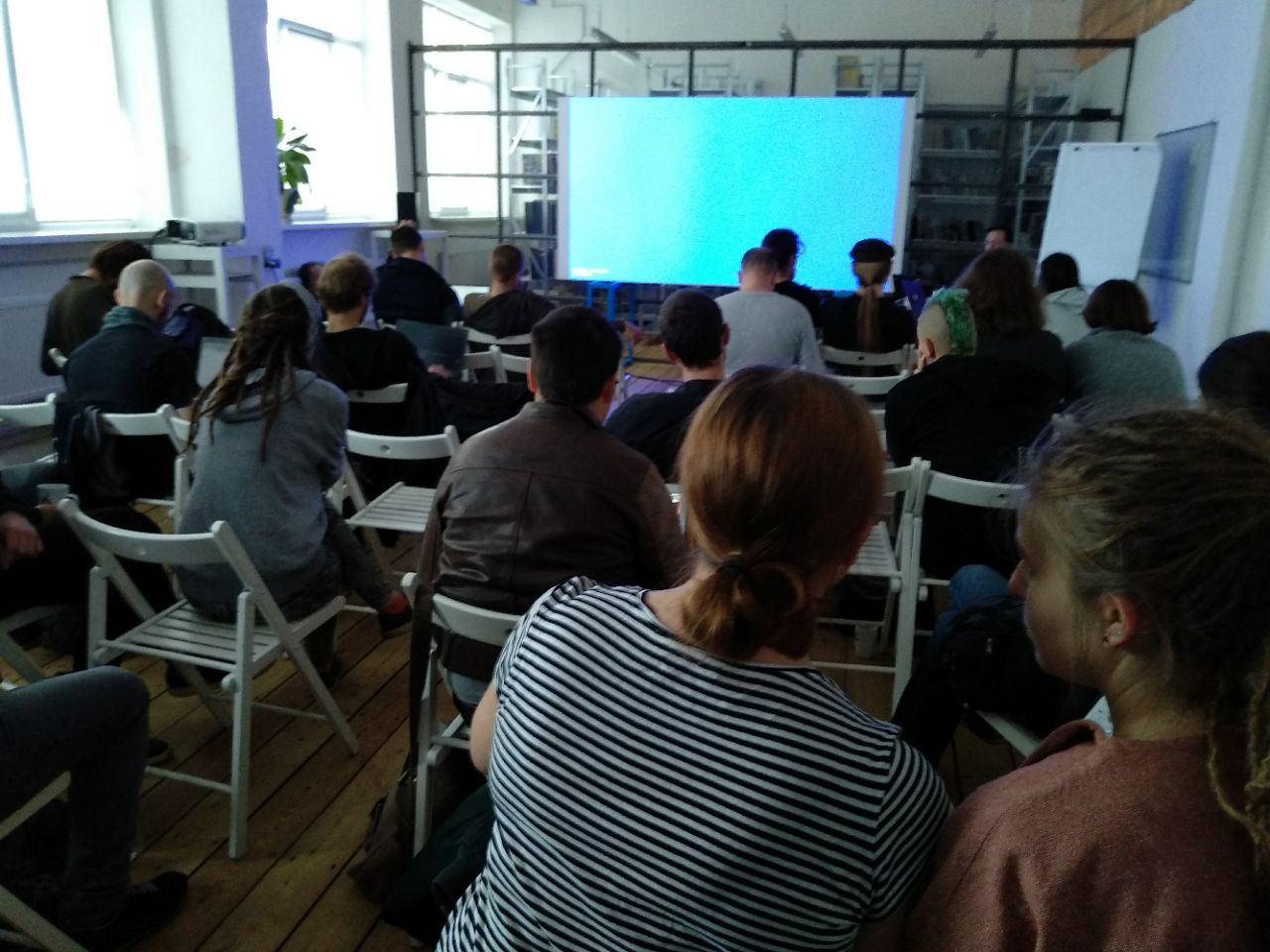 Decentralization Unchained
brought the developers, contributors, cryptographers, hackers, researchers who were
attending the Delta.Chat gathering together with local digital security trainers,
activists and NGOs for a day of talks, discussions and workshops
around the topics of decentralizing infrastructures and communities,
building communication tools with users and for users.
Decentralization Unchained
brought the developers, contributors, cryptographers, hackers, researchers who were
attending the Delta.Chat gathering together with local digital security trainers,
activists and NGOs for a day of talks, discussions and workshops
around the topics of decentralizing infrastructures and communities,
building communication tools with users and for users.
Apart from DeltaChat introductions, key presentations were held on topics brought up from locals and participants:
- The right to be plural: Decentralization of identities, pseudonymity and security.
- Digital security desires, fantasies and needs of real-world users.
- The rise of right-wing extremism in countries across the world: A conversation led by activists from Ukraine, Brazil, Germany, and the US.
- Backgrounds from operating a non-profit tech-collective e-mail provider
It being Halloween, the unconference closed with an afterparty at a local DIY bar where we danced to experimental electronic music and psychedelic sci-fi videos, drank home-made spirits and joined in a speculative fictional team game about the long overdue “cyber apocalypse” and how to save the world from robots!
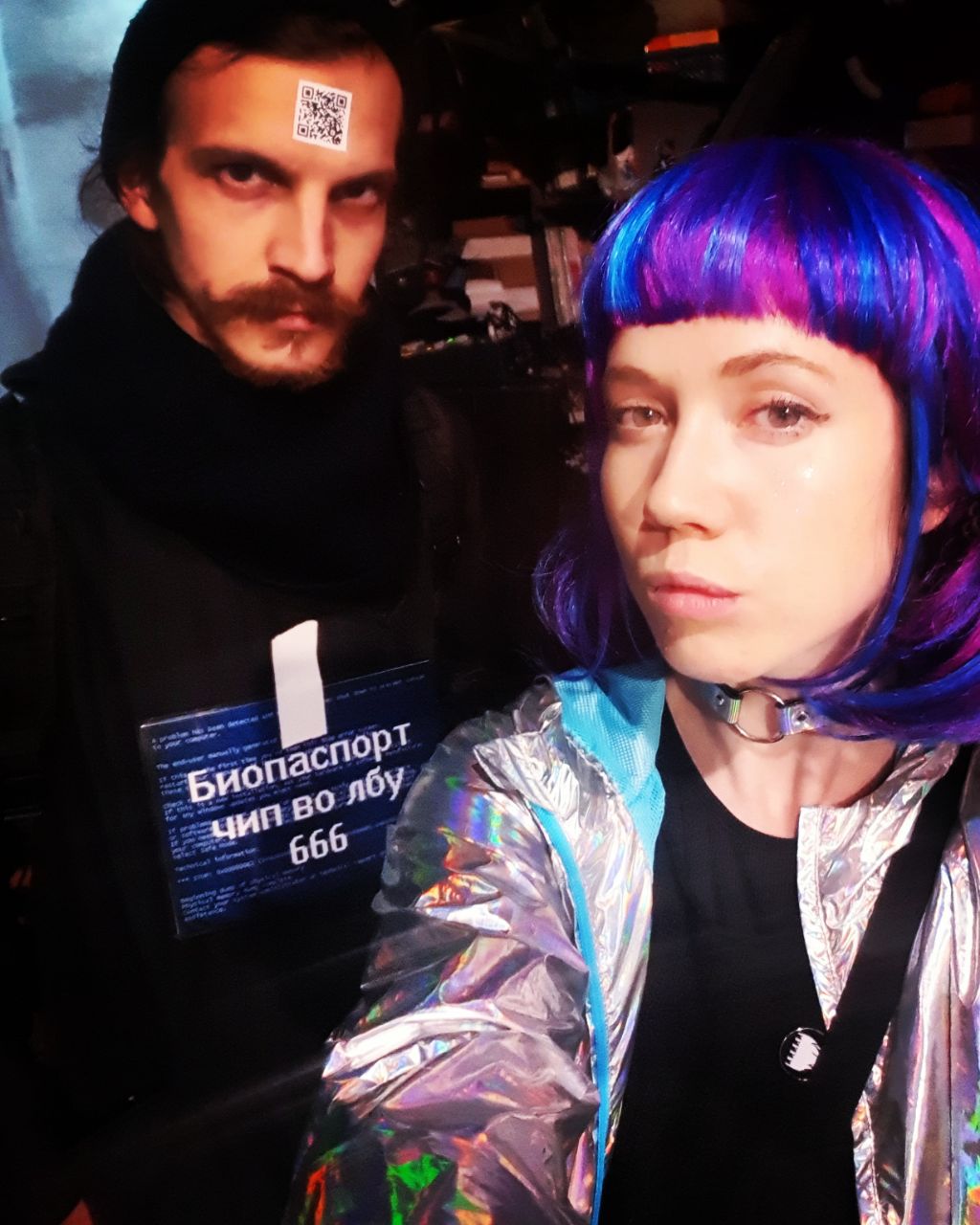

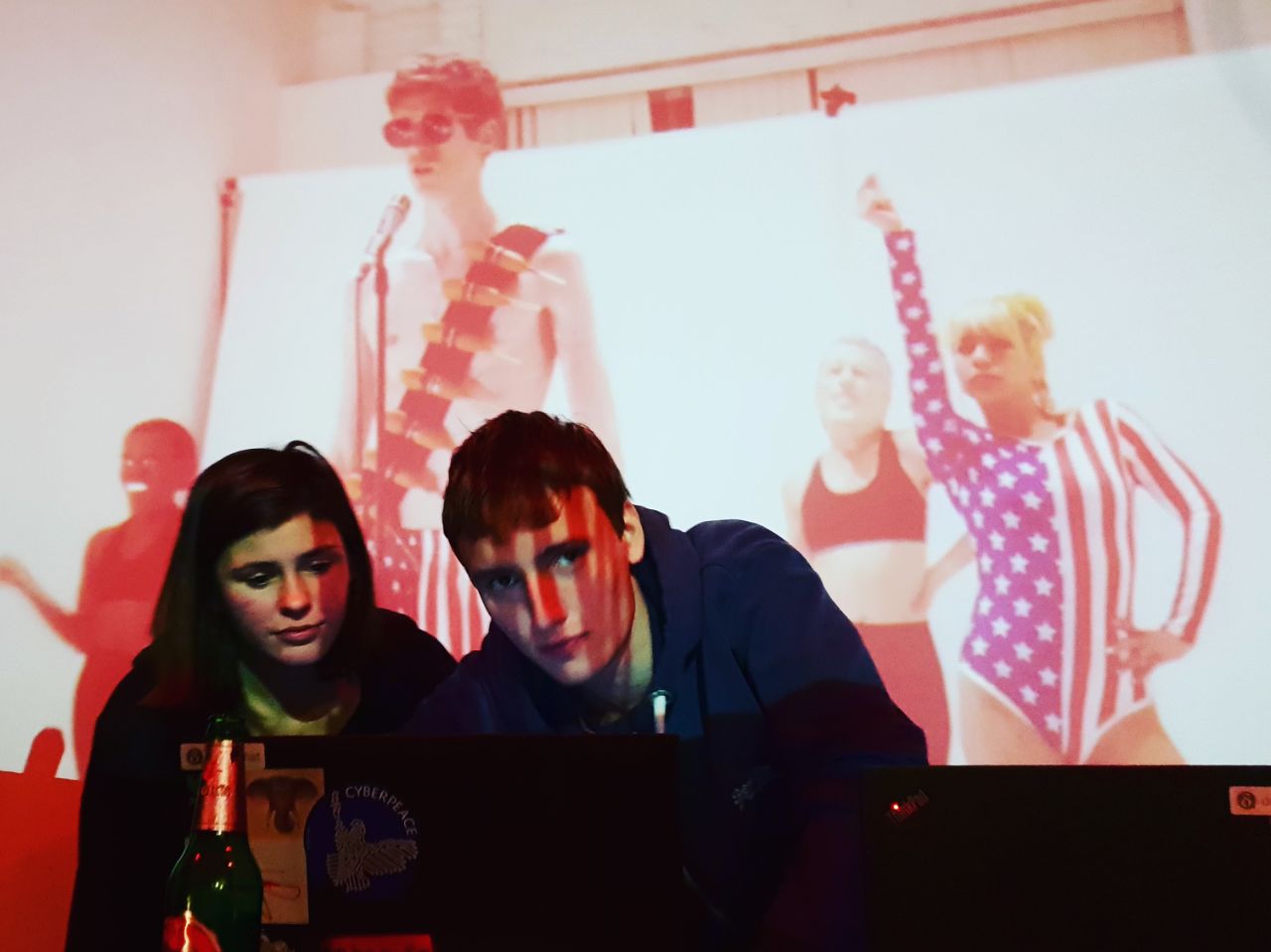
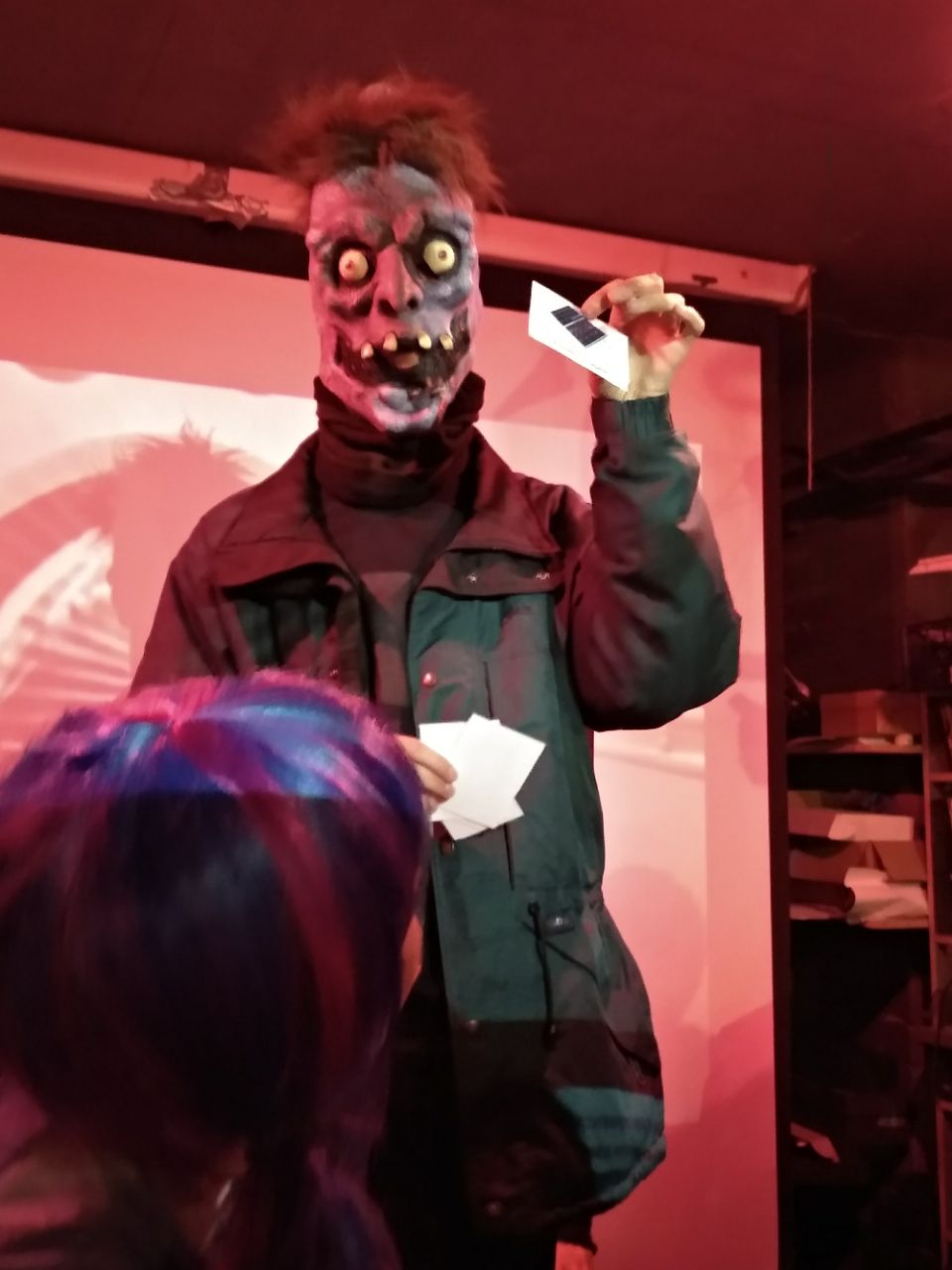
Returning to Kyiv in 2019
It was a very enjoyable and productive week… so much so that plans are already incubating for a follow-up event to test the new developments in spring. We’d like to thank in particular Anna, a local artist, who greatly helped us ahead and during the meeting with organizational issues. See you all in Kyiv, 2019!
